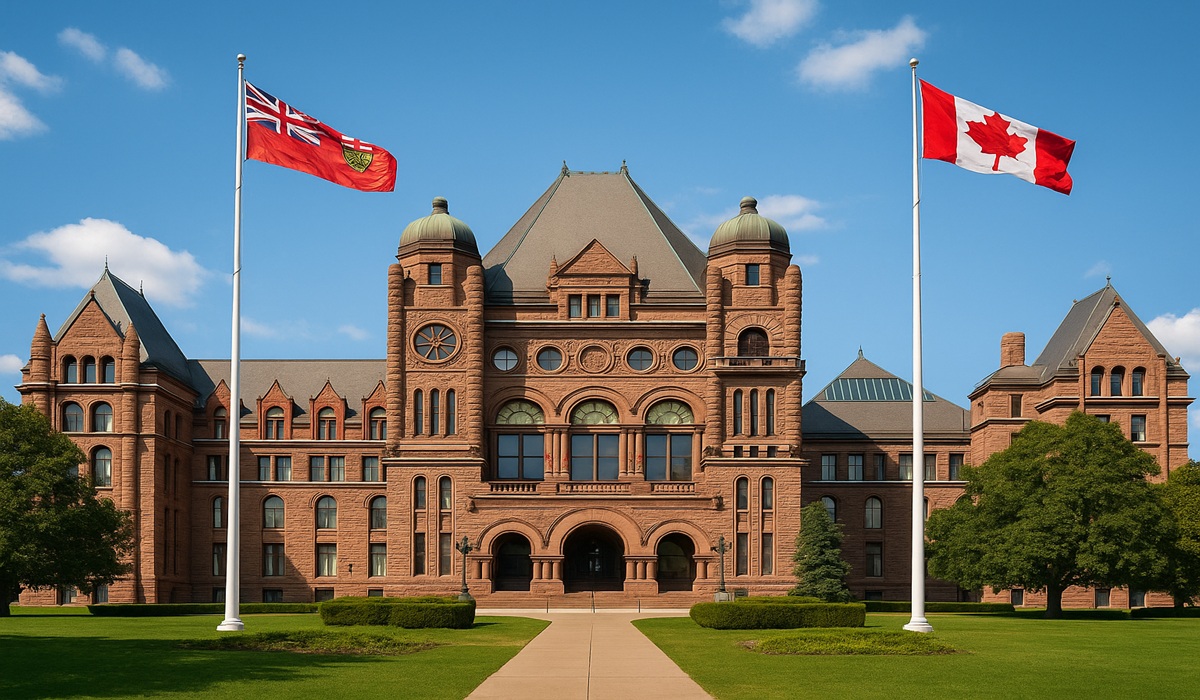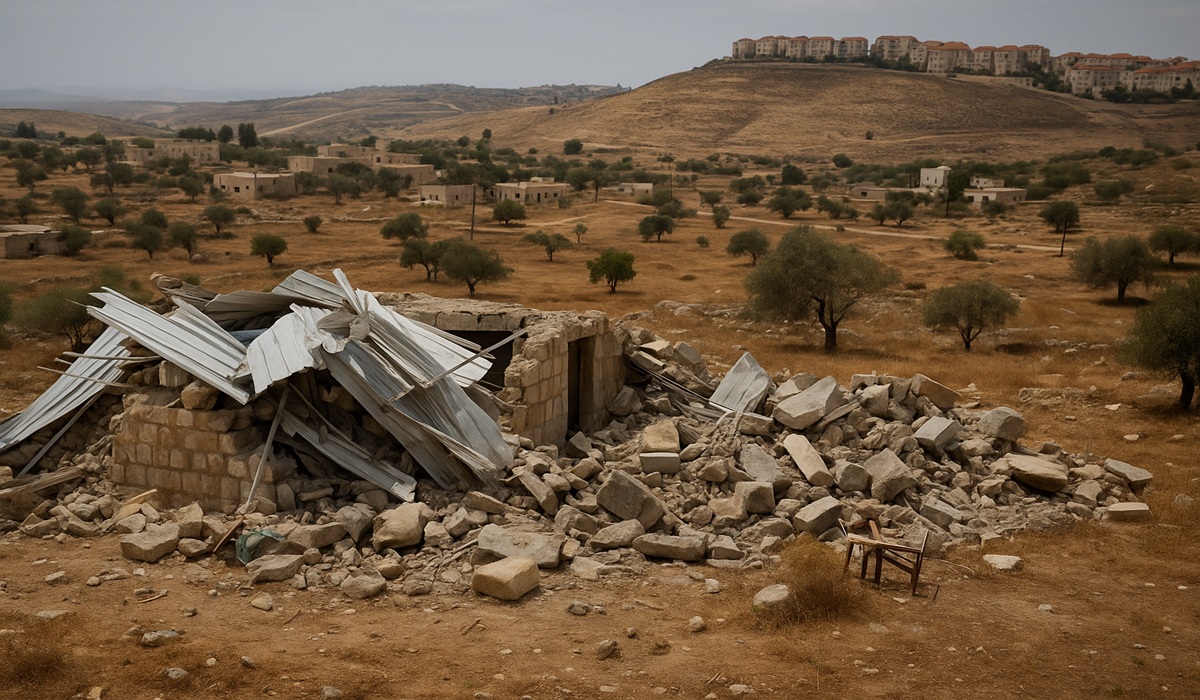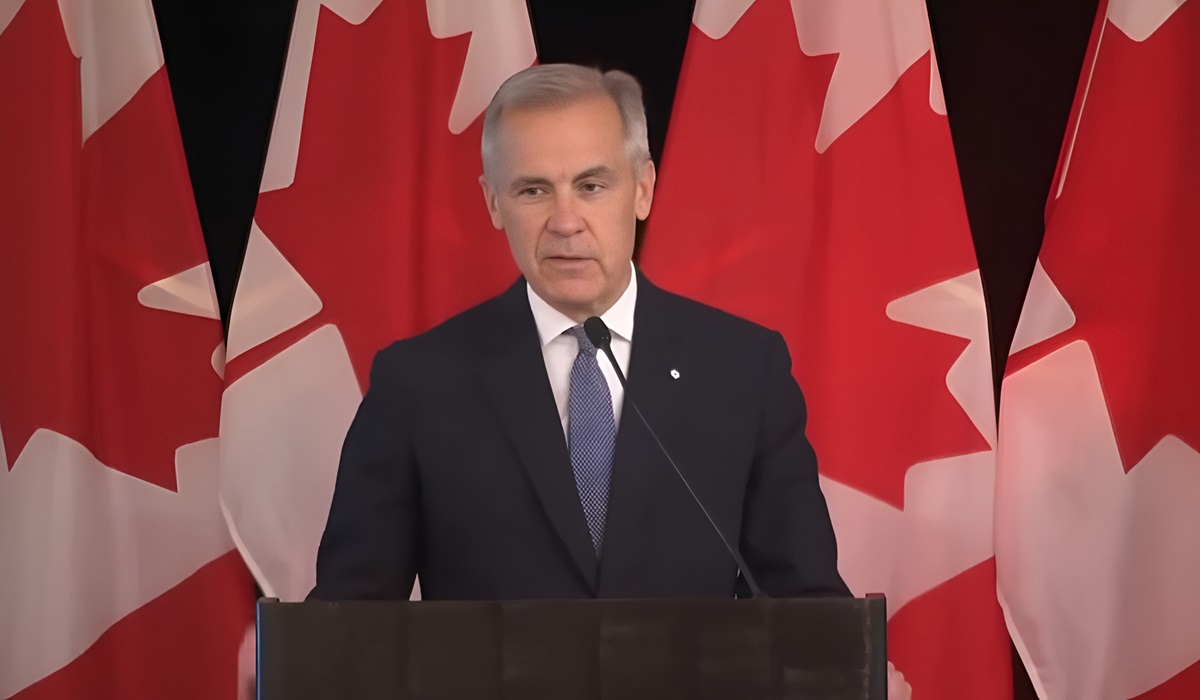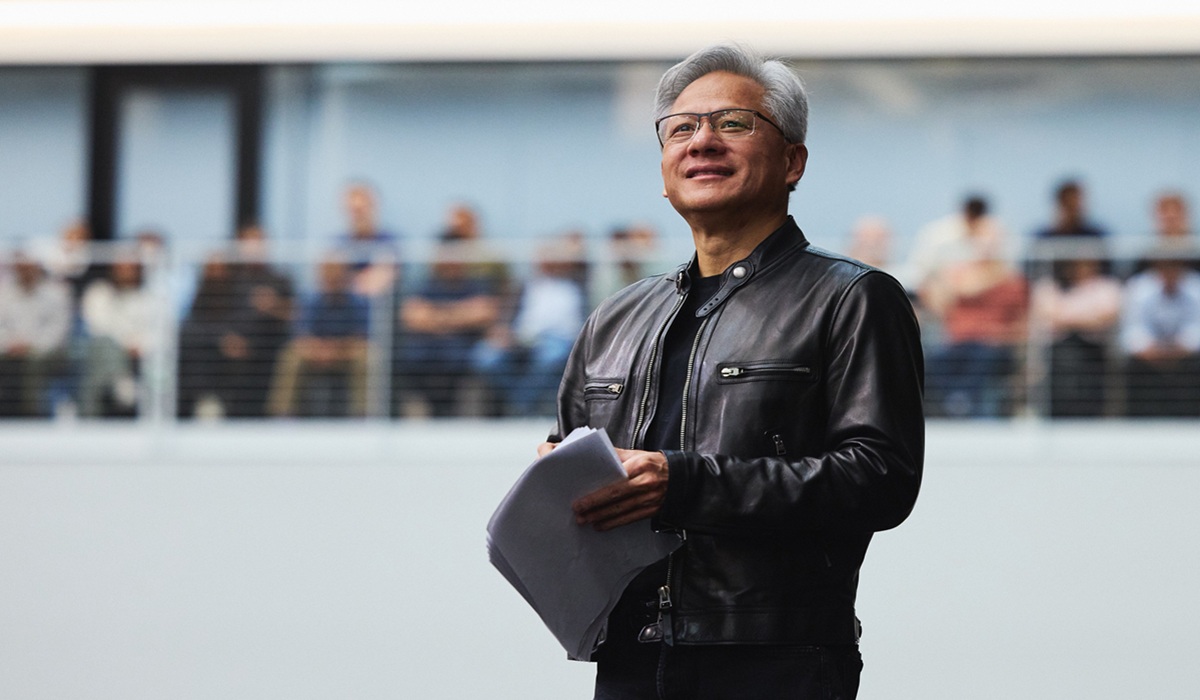Kashmir: Global Indifference & Struggle for Sovereignty
- Naveed Aman Khan
- Middle East
- Trending News
- October 27, 2025
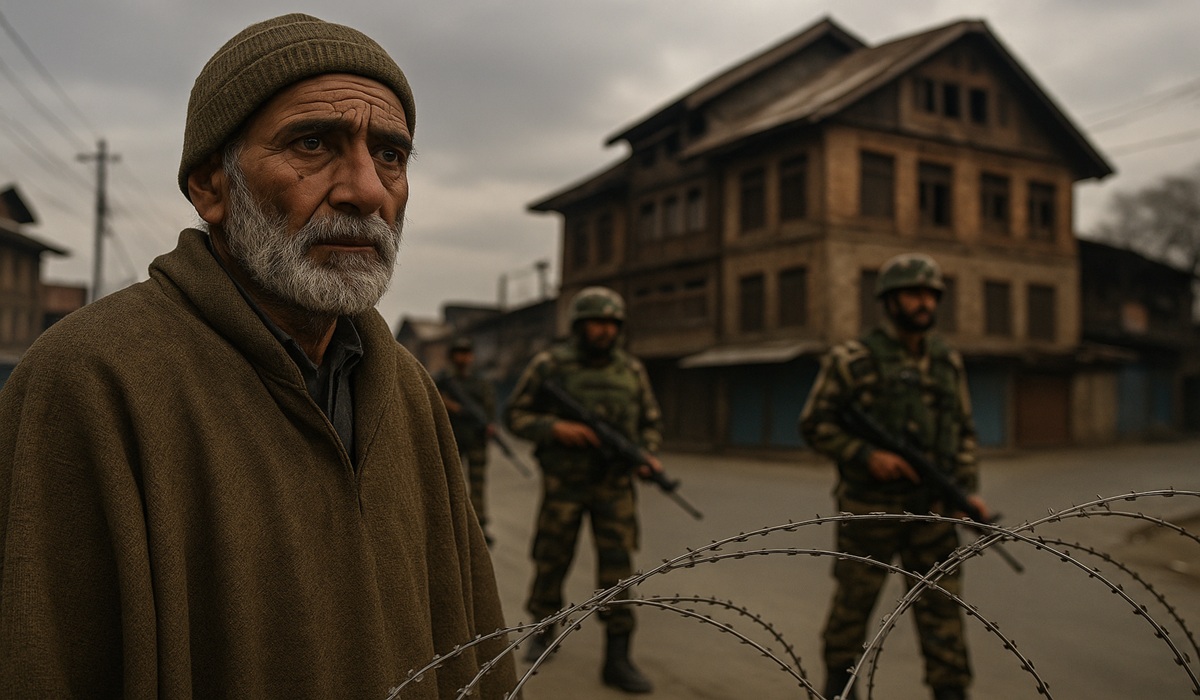
The unresolved Kashmir dispute remains one of the most prolonged and volatile conflicts in modern history. For more than seven decades, the people of Jammu & Kashmir have lived under Indian military occupation, caught in a web of international politics, unfulfilled promises, and great-power indifference. While the UN still recognizes Kashmir as a disputed territory, the global powers that once championed self-determination now appear largely silent or complicit. The question that defines the region’s uncertain future is whether the USA and Great Britain—two historical architects of postwar diplomacy—are genuinely willing to help resolve the Kashmir conflict, or whether their interests lie in maintaining the uneasy status quo that benefits India strategically and economically.
Future of Indian-occupied Kashmir depends not only upon the will of the Kashmiri people but also on the shifting global order. The 1948 UN resolution promising a plebiscite to determine the region’s fate has remained unimplemented, buried under layers of geopolitical convenience. Since India’s unilateral revocation of Article 370 in August 2019, which stripped the territory of its semi-autonomous status, the situation has deteriorated dramatically. The region has effectively been turned into a garrison state, with heavy militarization, curfews, communication blackouts, and widespread human rights violations. Yet, Washington and London have avoided taking any meaningful stance, issuing only cautious statements of “concern” while continuing robust economic and defense ties with New Delhi.
The United States’ reluctance to confront India on Kashmir is not a mystery. India today is viewed as a strategic counterweight to China’s expanding influence in Asia. The Washington-New Delhi partnership, especially within the framework of the Quad alliance involving the USA, Japan, India, and Australia, represents the cornerstone of America’s Indo-Pacific strategy. Confronting India over Kashmir could jeopardize that relationship. Hence, the US prefers “quiet diplomacy,” which in effect means silence. For Washington, human rights in Kashmir come second to its geopolitical calculus.
Great Britain’s historic responsibility in creating the Kashmir dispute has been overshadowed by its post-colonial pragmatism. As the former colonial power in South Asia, Britain played a direct role in the hasty partition of 1947, leaving behind unresolved boundaries and communal wounds. Yet, London today treats Kashmir as an inconvenient issue. The British government maintains that it is a “bilateral matter” between India and Pakistan, effectively distancing itself from the problem it once created. Even though the British Parliament occasionally debates Kashmir, especially under pressure from the large British-Pakistani and Kashmiri diaspora, these debates rarely translate into tangible action.
India, rejects any notion of independence, arguing that Kashmir is its “integral part.” For New Delhi, sovereignty for Kashmir would trigger secessionist movements in other restive regions and undermine its nationalist narrative. The USA and Britain, while paying lip service to human rights, fear that a sovereign Kashmir could destabilize South Asia further, complicating their ties with both nuclear-armed India and Pakistan. Even China, though supportive of Pakistan diplomatically, has its own strategic interests linked to the stability of its borders and the China-Pakistan Economic Corridor (CPEC). Thus, the idea of a truly independent Kashmir finds little backing from any major global power.
The complications behind the Kashmir issue are multilayered. It is not merely a territorial dispute but a crisis of identity, justice, and international credibility. The demographic engineering by India after 2019—through settlement policies aimed at changing the Muslim-majority character of Jammu and Kashmir—has added another dangerous dimension. The continued denial of fundamental freedoms, arbitrary detentions, and extrajudicial killings are not just human rights violations; they are part of a larger design to suppress the Kashmiri identity itself. Yet, international media coverage remains limited, overshadowed by narratives of “terrorism” and “security.”
The struggle for Kashmir’s right to self-determination remains a moral, political, and strategic obligation. Islamabad continues to raise the issue in the UNGA, where Prime Ministerial and Foreign Office statements repeatedly call for the implementation of UN resolutions. However, the global response remains muted. In the United States and the United Kingdom, Pakistan’s diplomatic advocacy faces systemic limitations. Western policymakers often view the Kashmir issue through a security lens—associating it with militancy rather than human rights. Moreover, India’s growing influence in Western capitals, its massive market, and its technology-driven economy provide it with significant leverage in shaping perceptions.
Despite these obstacles, Pakistan has taken a principled stand, emphasizing dialogue and international mediation. It continues to advocate for third-party involvement, something India categorically rejects. Pakistan’s efforts to internationalize the issue through the Organization of Islamic Cooperation (OIC) and global human rights forums have yielded limited but consistent moral support. Yet, without the political will of major powers, moral support alone cannot alter the ground realities in Kashmir.
For the future of Indian-occupied Kashmir, several scenarios emerge. The most likely one is the continuation of the status quo—a heavily militarized region under Indian control, with limited international engagement. However, growing global awareness of human rights violations and digital activism among Kashmiri youth could gradually reshape narratives, especially within Western civil societies. If the US and Britain truly aspire to uphold their proclaimed values of democracy and human rights, they must move beyond statements and take a principled stance, at least to pressure India toward dialogue and restoration of basic rights.
Pakistan’s role, meanwhile, must evolve from mere advocacy to proactive diplomacy that engages Western think tanks, media, and civil society. Building sustained pressure on India requires strategic communication, human rights documentation, and engagement beyond traditional forums. Pakistan’s stance gains strength not through emotional rhetoric but through evidence-based, legally grounded diplomacy that highlights the human cost of occupation.
Ultimately, the future of Kashmir depends on whether the world is willing to prioritize justice over geopolitics. The people of Kashmir have already paid a staggering price for global silence. Their struggle is not only for territory but for dignity, identity, and freedom. If Washington and London continue to see Kashmir only through the prism of power politics, they risk being complicit in erasing a nation’s right to exist. The dream of a sovereign Kashmir remains alive—sustained by faith, sacrifice, and an unyielding belief that even the longest occupations eventually meet their end.




